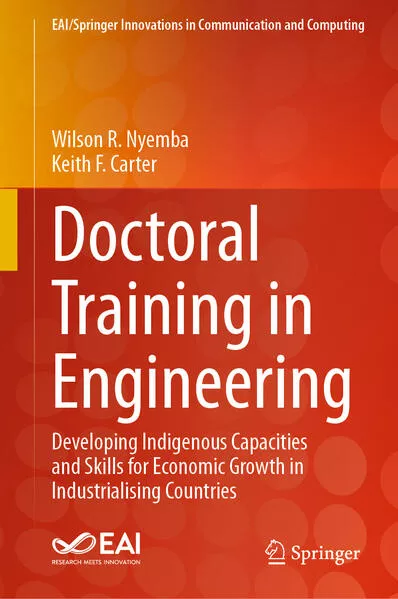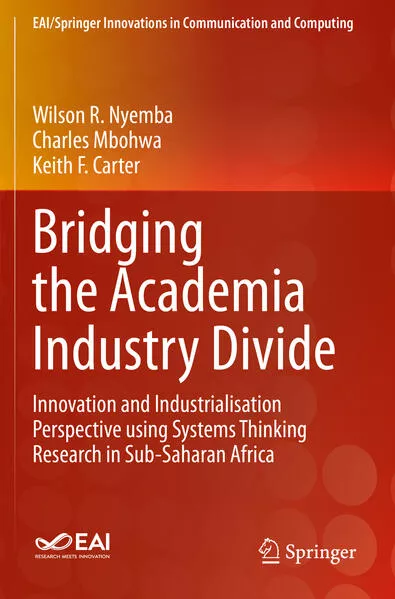
- Publikationen ca: 3
- Fragen & Antworten
Wilson R. Nyemba
Professor Charles Mbohwa is the University ofZimbabwe Pro-Vice Chancellor responsible for Strategic Partnerships and Industrialisation as well as a Visiting Professor at the University of Johannesburg where he was previously a Professor of Sustainability Engineering and Vice Dean of Postgraduate Studies, Research and Innovation and also acted as Dean of the Faculty for 8 months. He previously worked for the National Railways of Zimbabwe and the University of Zimbabwe as a Senior Lecturer where he served as Head of Department of Mechanical Engineering. He has extensively published papers in peer-reviewed journals and conferences as well as book chapters and 5 books. He holds a BSc Honours degree in Mechanical Engineering from the University of Zimbabwe, a Master of Science in Operations Management and Manufacturing Systems from the University of Nottingham and a Doctor of Engineering from the Tokyo Metropolitan Institute of Technology in Japan. He was a Fulbright Scholar in 2006/2007 at the Supply Chain and Logistics Institute atthe School of Industrial and Systems Engineering, Georgia Institute of Technology as well as a Japan Foundation Fellow. He has been a collaborator in projects of the United Nations Environment Programme and involved in research exchange with collaborators in many countries. He was a finalist of the TW Kambule-NSTF Award for research in 2016 and a finalist in Research for Engineering Capacity Development NSTF Awards. He is also a reviewer for more than 20 international journals and is a member of the editorial boards/committees of 5 journals. He has successfully supervised many Master’s and Doctoral students as well as postdoctoral fellows.
Dr. Keith F. Carter is a chartered mechanical and nuclear consultant engineer who has also trained as a naval architect. He is a director and principal consultant for Keimar Consultancy in Leicester, England. Over the last 15 years Keith has been associated with a wide variety of engineering projects for Rolls-Royce at Derby, England in both the nuclear marine and aerospace divisions principally specializing in structural integrity issues. He has also carried out other significant projects in a variety of fields, including the analysis of AGR graphite cores for British Energy (EDF). Dr. Carter also holds the post of Visiting Design Professor within the Department of Engineering at the University of Leicester in England, bringing in considerable engineering and industrial experience to the teaching of students and to various research projects. He holds a Bachelor of Science degree in Chemistry and a PhD in Statistical Mechanics using Computer Simulation, both from the Royal Holloway College of the University of London and has authored over 30 academic papers as well as numerous reports for client companies.
Doctoral Training in Engineering
The book provides a comprehensive analysis of Engineering Education in industrialising countries, with Southern Africa as the case study, benchmarked on institutions from the industrialised world, with UK institutions as the reference. This was motivated by the perennial shortage of engineers and engineering skills to drive industry in Southern Africa, compounded by the mismatch of skills between those produced by tertiary institutions and those required by industry.
Doctoral Training in Engineering
The book provides a comprehensive analysis of Engineering Education in industrialising countries, with Southern Africa as the case study, benchmarked on institutions from the industrialised world, with UK institutions as the reference. This was motivated by the perennial shortage of engineers and engineering skills to drive industry in Southern Africa, compounded by the mismatch of skills between those produced by tertiary institutions and those required by industry.
Bridging the Academia Industry Divide
This book is the result of years of research following a realization of the mismatch of engineering skills produced by universities and those that industry required, based on the situation in Sub-Saharan Africa, equally applicable to other regions in Africa and indeed worldwide.


